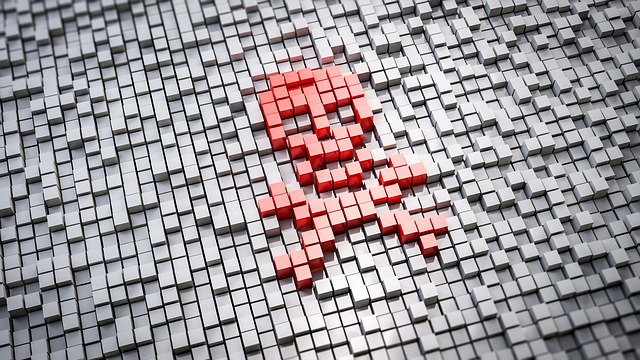The basic argument of those who oppose downloading is that downloading is theft like anything else. By downloading a movie, music, or book from the Internet for free, one avoids paying for it. Moreover, they often download works that are not yet available on the official market. Opponents of downloading see this as unfair not only to the distributors, who receive a diminishing return on the money invested in sales, but also to viewers, listeners, and readers who choose to wait for the official release. The companies want to profit from their works, and if profits do not meet their expectations, perhaps because of illegal copying, they can simply raise the price. Thus, the honest user not only pays his or her price, but the company is compensated for the loss caused by the pirate. 
On the other side are those who argue that Internet piracy is merely a response to companies\’ inability to provide legitimate access at affordable prices. This argument is illustrated by the success of companies like Netflix and Spotify. The fact that both companies operate on the Internet, the environment most closely associated with pirates, is not uninteresting. According to the pirates, the problem is not that people don\’t want to pay for their services, but that the creators demand too much and offer too little. I don\’t want to pay 500 yen for a CD I have nothing to play, and I don\’t want to pay 300 yen for a movie I will only see once in a movie theater. I could download it for free and watch it whenever I want. According to the pirates, the goal of creators is not to punish pirates, but to remove the reasons for piracy.
What about the law? In the Czech Republic, downloading for private use is usually permissible. This is different in the case of sharing. Therefore, if you download something as well as transmit it, the police will probably come for you. This is a problem not only if you knowingly upload something to the network, but also in P2P networks where, for example, your computer automatically becomes a repository for other computers the moment you download something.
So what about the ruling? The legality of downloading is questionable, but usually acceptable as long as the content is not redistributed. The legality is equally questionable. The rule here is to download only content that is available in one\’s market but not available through normal channels for some reason (money, bad media, difficulty in obtaining, etc.).